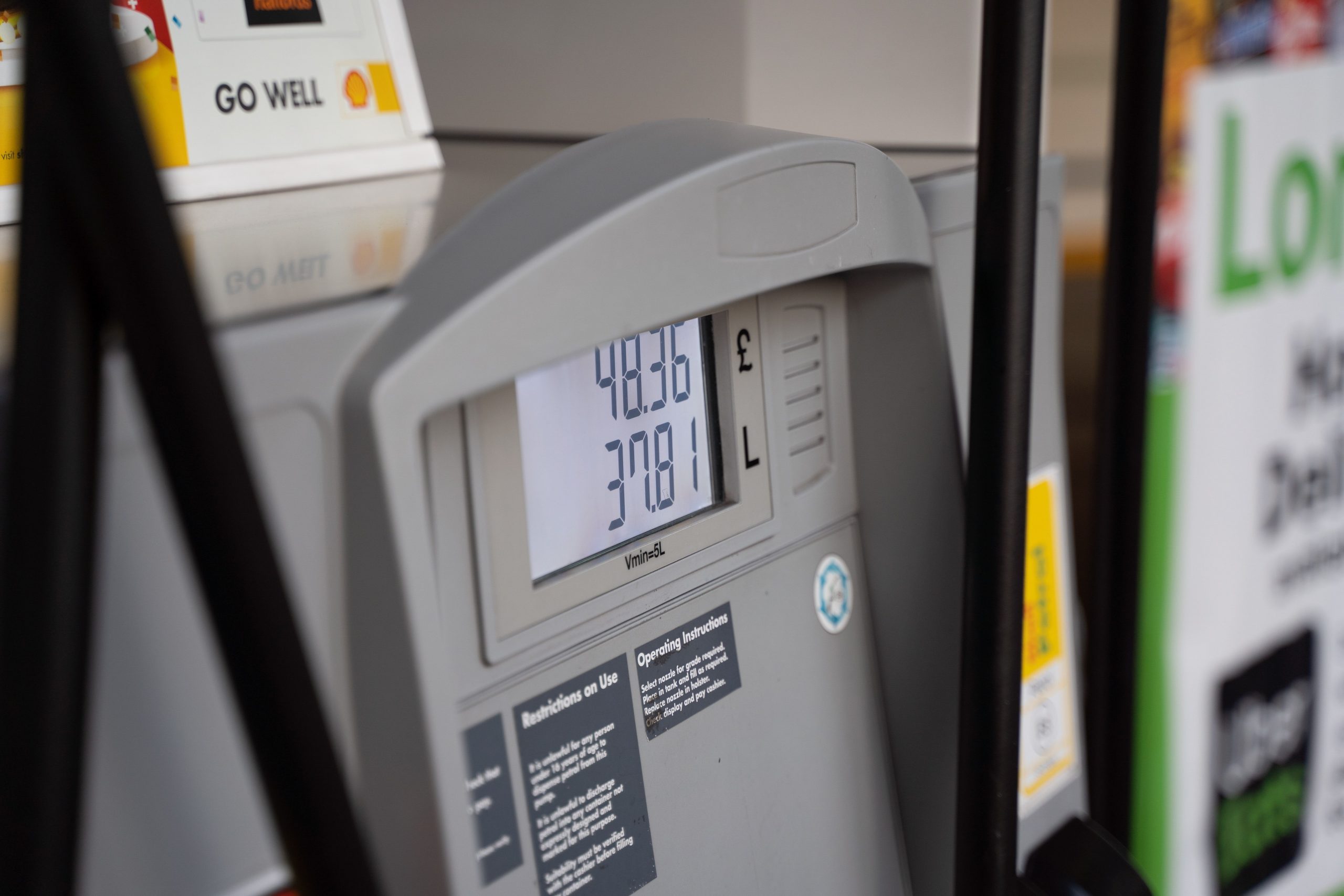China is seeing a
shortage of diesel across the country and petrol stations in many parts of the
country have begun rationing the fuel as costs rise and supplies fail. Trucks
are lined up in front of many fuel stations and drivers are having to wait nearly
a day to get fuel, according to posts on Chinese social media site Weibo.
The fuel shortage
in China comes amid a coal crunch which has caused severe power outages in many
parts of the world’s second-largest economy and led to closure of factories. “The
current diesel shortages seem to be affecting long distance transportation
businesses which include goods meant for markets outside of China,” according
to Mattie Bekink, China Director of Economist Intelligence Unit.
Also Read | G20 Summit: Why US, China tensions may become question of the generation
For now, trucks in
China are only being allowed to fill up to a maximum of 100 litres of diesel
each, which is only 10% of their capacity, according to a truck dealer in China’s
Hebei province. In other parts of the country, restrictions are reportedly
tighter with drivers only being allowed to buy up to 25 litres.
The fuel shortages
are also driving up inflation. “Do you get the feeling that food has become
more expensive and express delivery is slower? It would be better to buy less
on 11/11,” said on Weibo user referring to Alibaba’s Singles’ Day.
Also Read | Amid border row with China, India tests Agni 5 missile with 5,000 km range
China is already
living through a burgeoning coal crisis with factories having to shut and homes
going without power for long hours. Oil and gas prices in China are shooting
through the roof. “All fossil fuels have seen a price renaissance lately as the
underinvestment in these fuel sources has created a shortfall in supply at a time
demand is surging,” Aldan Yao, a senior economist told the BBC.
Part of the recent
oil and gas shortages in China and India have contributed to a general rise in
prices. Meanwhile, many companies are using diesel-fueled generators in the
absence to coal to keep their operations running. “The heart of the matter is
the energy crisis,” Jeremy Stevens, chief China economist at Standard Bank told
the BBC.







